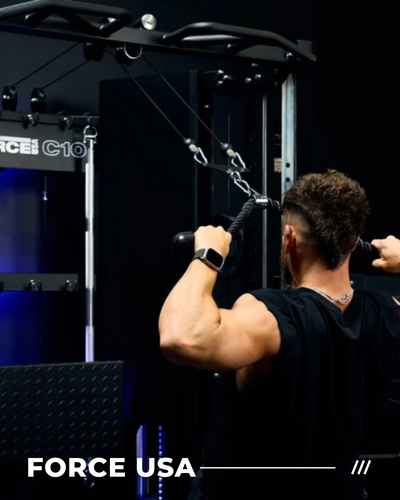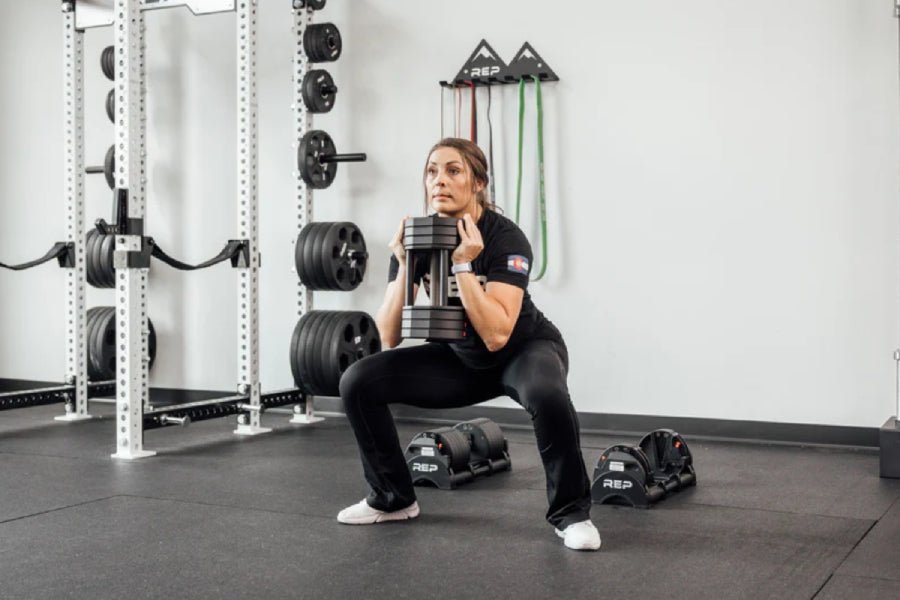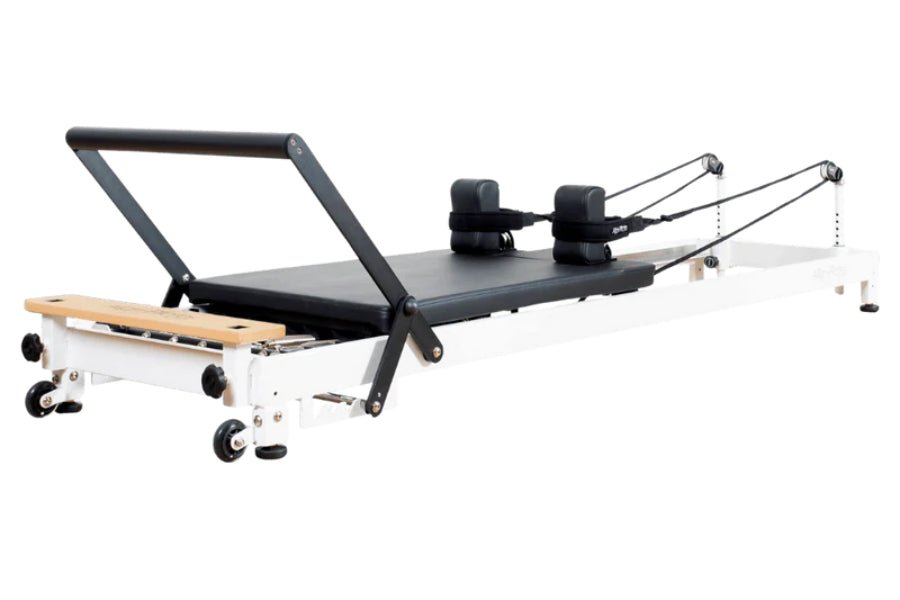Strategies for Setting & Conquering Realistic Fitness Goals
GYMSPORTZ PTE LTD | 17 July 2024

In today's fast-paced world, maintaining fitness often takes a backseat to other priorities. However, setting and achieving realistic fitness goals can lead to a healthier and more fulfilling life.
This article explores strategies for setting and conquering fitness goals, focusing on practicality and sustainability.
Understanding realistic fitness goals
Realistic fitness goals are those that are attainable given your current lifestyle, physical condition, and available resources. Unrealistic goals can lead to frustration and burnout, while achievable ones keep you motivated and on track.
Assess your current fitness level
Before setting any goals, it's essential to understand your starting point. Assessing your current fitness level can involve various measures, such as body measurements, strength tests, flexibility tests, and cardiovascular endurance. This baseline helps you set realistic targets and track your progress.
Set specific, measurable goals
Vague goals like "get fit" are hard to achieve because they lack clear direction. Instead, set specific and measurable goals. For instance, aim to lose 10 pounds in three months, run a 5K in under 30 minutes, or perform ten pull-ups without assistance. These goals give you a clear target to work towards.
Break down larger goals
Large goals can be daunting. Breaking them down into smaller, manageable milestones makes them less intimidating and more achievable. If your ultimate goal is to run a marathon, start by setting goals to run a 5K, then a 10K, and gradually build up to longer distances.
Make a plan
A detailed plan is crucial for achieving your fitness goals. Outline the steps you need to take, the exercises you'll perform, and the time you'll dedicate to your workouts. Incorporate a mix of strength training, cardio, and flexibility exercises to ensure a well-rounded fitness routine.
Stay flexible
Life is unpredictable, and sometimes, sticking to a rigid fitness plan isn't possible. Stay flexible and be willing to adjust your goals and plan as needed. If you miss a workout, don't get discouraged. Focus on getting back on track rather than dwelling on the setback.
Track your progress
Keeping track of your progress is vital for staying motivated. Use a fitness journal, mobile app, or online tracker to record your workouts, measurements, and achievements. Regularly reviewing your progress helps you stay focused and make necessary adjustments to your plan.
Celebrate small wins
Recognise and celebrate your achievements, no matter how small they may seem. Each milestone you reach is a step closer to your ultimate goal. Celebrating these victories keeps you motivated and reinforces the positive changes you're making.
Strategies for conquering fitness goals
Prioritise consistency over intensity
Consistency is the key to long-term success in fitness. Rather than focusing on high-intensity workouts that you may not be able to sustain, prioritise regular, moderate-intensity exercise. Aim for at least 150 minutes of moderate aerobic activity or 75 minutes of vigorous activity each week, along with muscle-strengthening activities on two or more days a week.
Find activities you enjoy
Exercise shouldn't be a chore. Find physical activities that you enjoy and look forward to. Whether it's indoor cycling, hiking, swimming, or dancing, enjoying your workouts makes it easier to stay committed.
Build a support system
Having a support system can significantly impact your fitness journey. Surround yourself with friends, family, or workout buddies who encourage and motivate you. Joining a fitness class or group can also provide a sense of community and accountability.
Invest in quality equipment
Selecting the perfect exercise equipment can make a big difference in your fitness journey. For instance, investing in an indoor cycling bike can provide a convenient and effective cardio workout at home. Similarly, a pull-up bar for home can help you build upper body strength without needing a gym membership.
Stay educated
Educate yourself about fitness and nutrition to make informed decisions about your health. Read books, follow reputable fitness blogs, or consult with a fitness professional. Understanding the science behind fitness helps you create effective workout plans and avoid common pitfalls.
Listen to your body
It's essential to listen to your body and recognise the signs of overtraining or injury. Rest and recovery are crucial components of any fitness plan. Ensure you get adequate sleep, stay hydrated, and incorporate rest days into your routine to allow your body to recover and grow stronger.
Maintain a balanced diet
A balanced diet is vital for achieving fitness goals. Focus on consuming a variety of nutrient-dense foods, including lean proteins, whole grains, fruits, and vegetables. Proper nutrition fuels your workouts, aids in recovery, and supports overall health.
Conclusion
Setting and conquering realistic fitness goals requires a thoughtful approach, dedication, and the right tools. By assessing your current fitness level, setting specific and measurable goals, making a detailed plan, and staying consistent, you can achieve your fitness aspirations. Remember to celebrate your progress, stay flexible, and invest in quality equipment like an indoor cycling bike or a pull-up bar for home to enhance your workouts.
For those looking to elevate their fitness journey with top-notch equipment, check out Gymsportz. With a wide range of fitness gear and expert advice, Gymsportz can help you achieve your fitness goals effectively and sustainably. Visit Gymsportz to explore our offerings and take the first step towards a healthier you.







